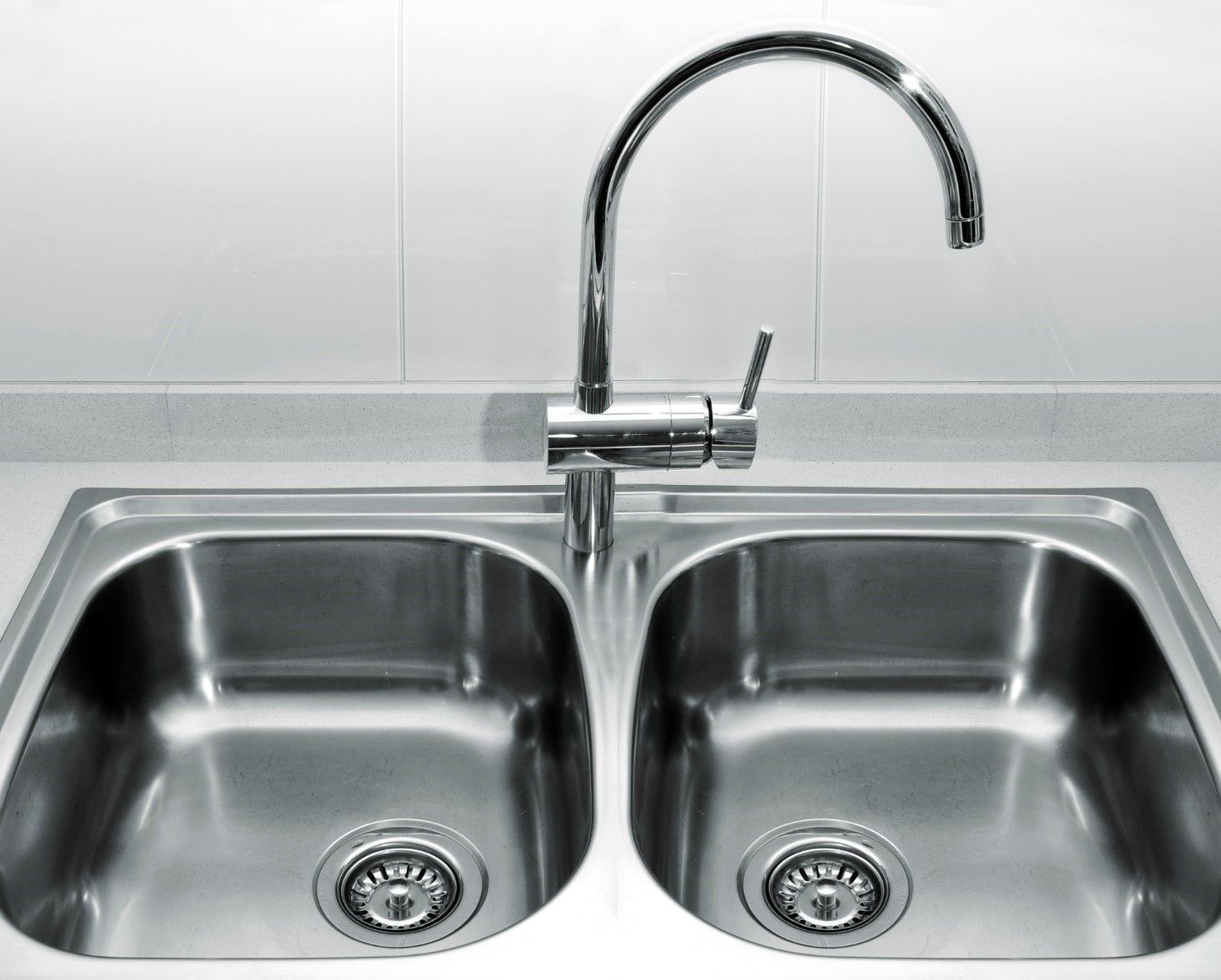4 Ways to Extend the Life of Your Water Heater
No matter how high your water heater is turned up, the hot water can take a while to reach your farthest bathroom and may lose quite a bit of heat along the way. When searching for solutions to this inconvenience, you may come across the idea of a hot water recirculating pump and loop system.
Although they’re not for everyone, hot water recirculating loops can be very convenient and can even be modified to be eco-friendly. Here’s what you need to know about hot water recirculation systems.
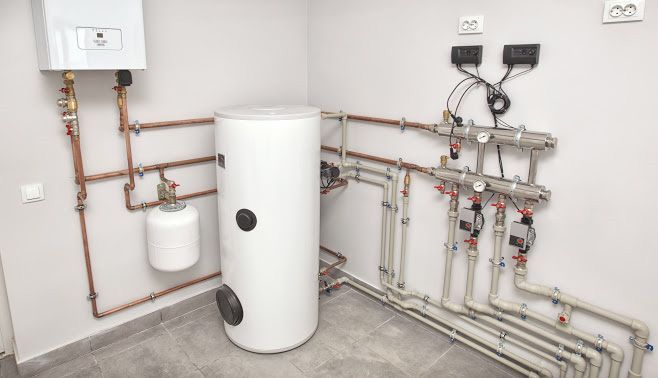
1. Use Your Ears
One way to tell if you’ve been neglecting your hot water tank for a little too long is to listen to it. A properly functioning tank shouldn’t produce much noise, so any sounds you hear may be early warning signs of trouble. In particular, listen carefully for an audible popping or gurgling noise. These sounds usually indicate excessive sediment build-up in your tank.
Too much sediment on the bottom of your tank will act as an insulator. Not only will this reduce your water heater’s efficiency, but it can also damage the tank itself. Sediment may pose a risk to electric heating elements, as well. If your sediment problem has gotten bad enough to produce a noise, drain your tank immediately to prevent long-term damage.
2. Check Your Anode
Do you know what an anode rod is? How water heater tanks are generally made of steel, which leaves the walls susceptible to corrosion. An inner glass lining helps to reduce rust, but all models expose at least some steel to water. A sacrificial anode rod prevents this exposed steel from rusting away and creating leaks.
The basics of this protective measure are simple: the rod’s material is more reactive than the metal in the tank walls, so it corrodes instead of the steel. As long as the rod is in relatively good condition, your tank remains protected. Most anode rods last about six years, so expect to replace yours at least once to ensure that your water heater lasts for as long as possible.
3. Adjust the Temperature
Your water heater has a temperature dial that you can use to increase or decrease the temperature of the water. While you shouldn’t have to adjust this temperature often, you may be able to extend the life of your water heater (and reduce your utility bills) by turning it down slightly. The lower you set the target temperature, the longer your tank’s heating elements are likely to last.
The best thing you can do is to check your current temperature and adjust it down to 120 degrees. After making this adjustment, check each hot water location in your home. If the temperature is too cold, make slow adjustments upwards until you reach an appropriate level. By making this one small change, you may save hundreds of dollars on energy bills while also extending your heater’s lifespan.
4. Schedule Annual Inspections
Finally, be sure to schedule an annual inspection with a plumber to check your hot water heater and other plumbing appliances. As with any complex piece of equipment, the best way to extend your water heater’s lifespan and avoid costly repairs is to catch problems early. An inspection can reveal these issues before they become severe enough to warrant a replacement.
Whether your water heater has already failed or you’re just looking for some help with essential maintenance, Quality Plumbing is here for you. We can tackle water heater jobs of any size, so
give us a call to set up an appointment!
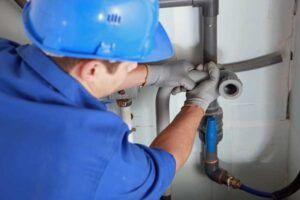
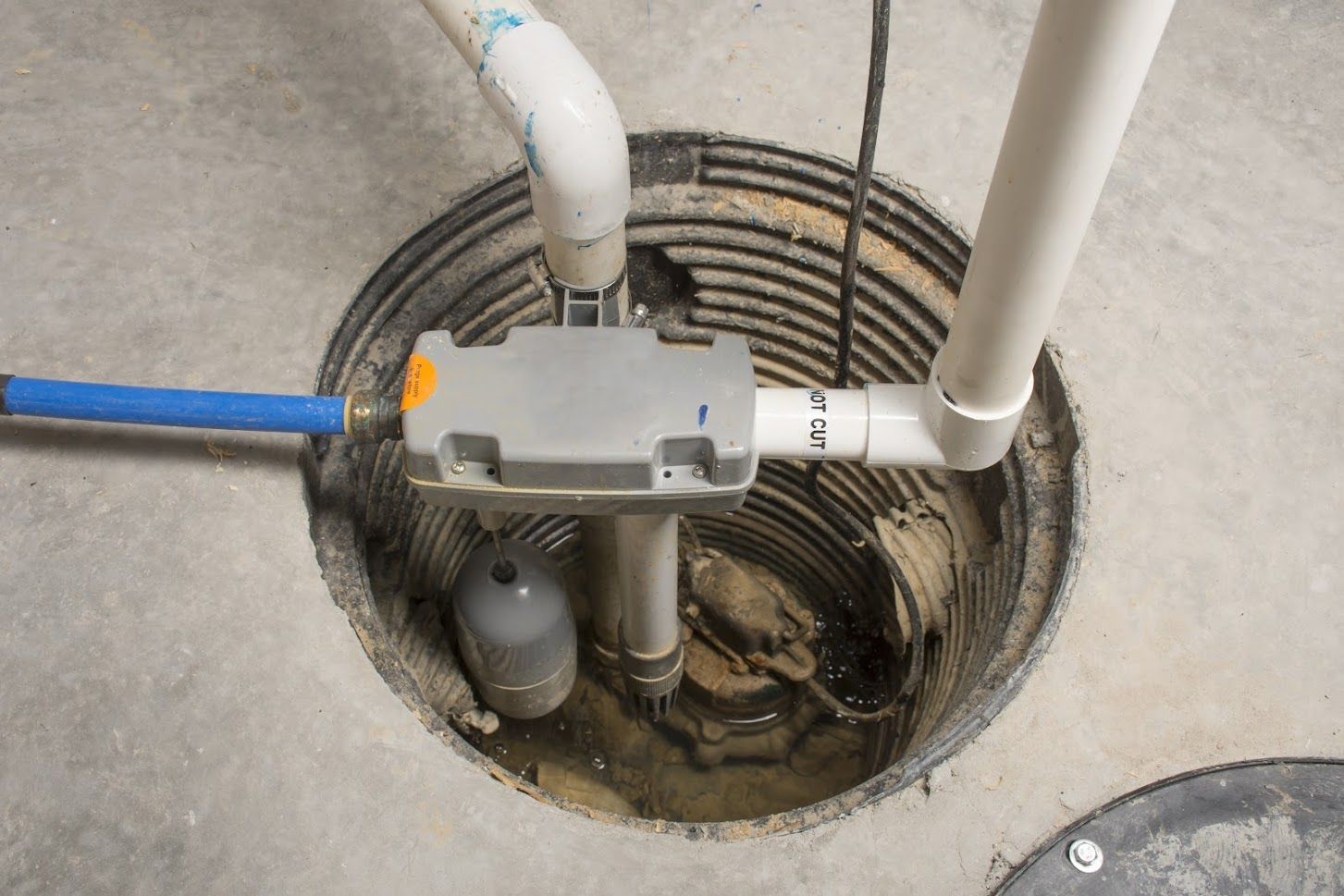

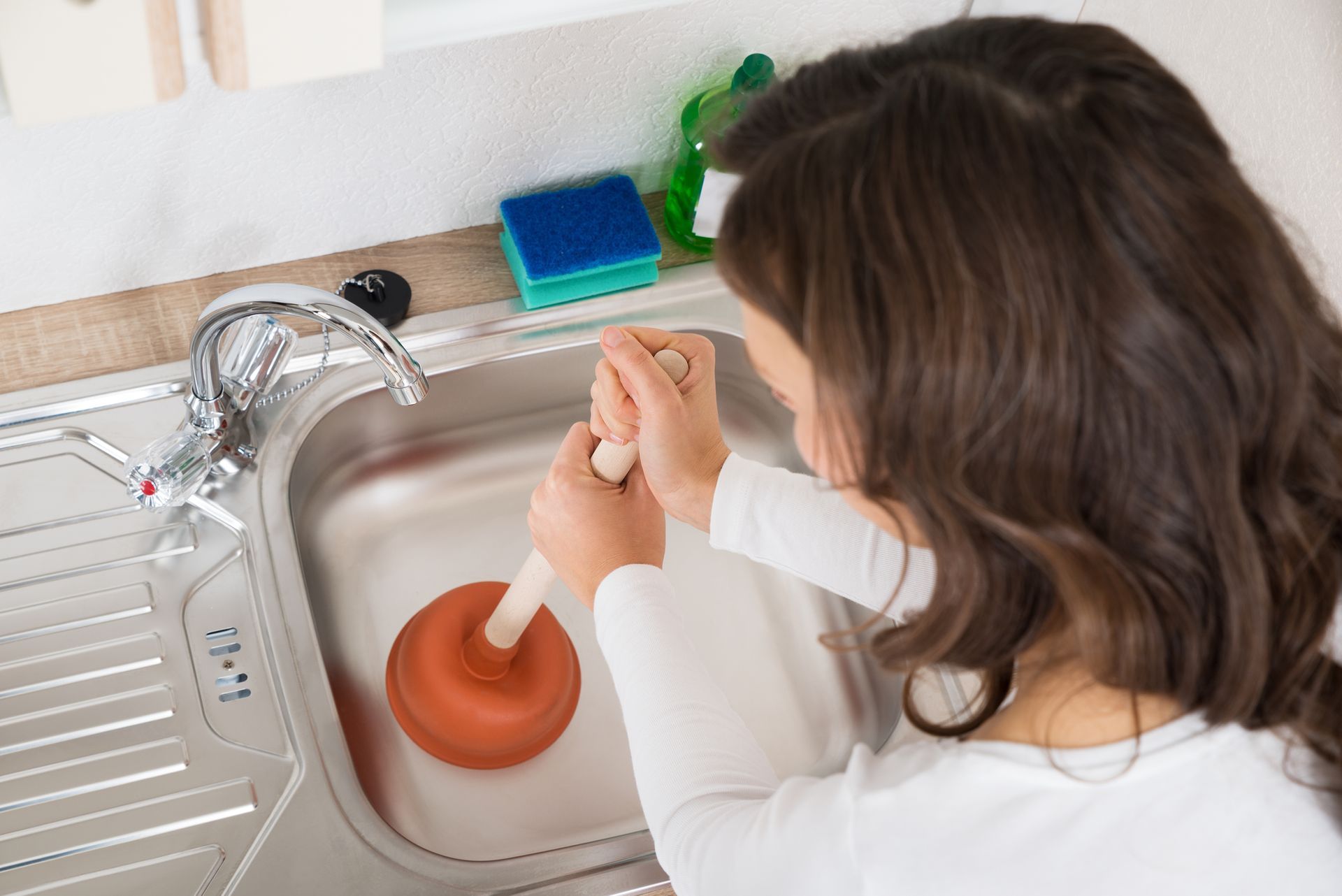

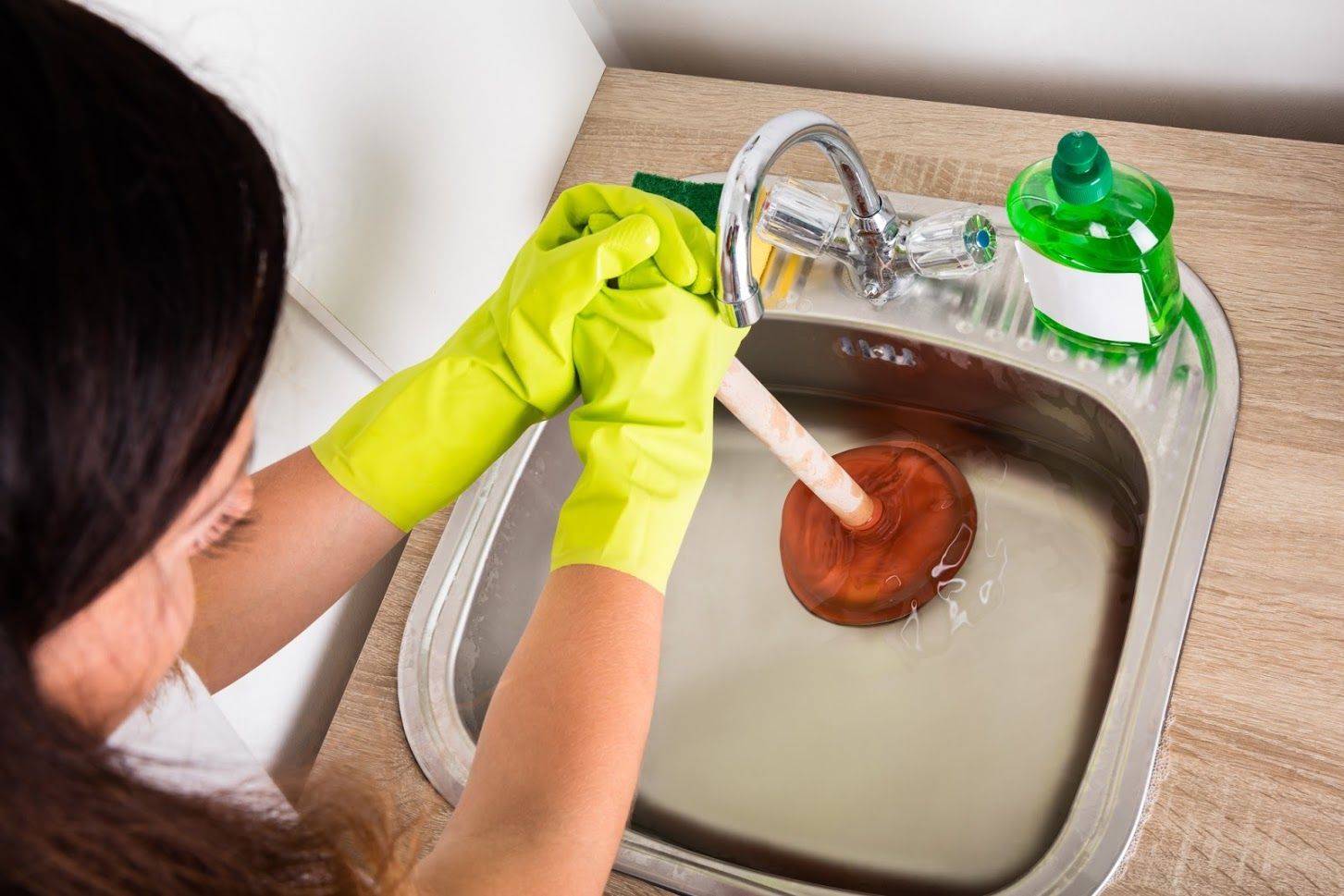

★★★★★
The total process from booking a service call, by phone, to the installation of a steel reinforced waterline hose on our refrigerator, was a pleasurable experience. A retired plumber recommended QP. Jeff had to pull out the refrigerator, remove the plastic waterline, install the new waterline, check to make sure the water dispenser was working and put the refrigerator back. Jeff was careful and mindfull of our wooden floor as the refrigerator was in a built-in cabinet. Since we live in a condo we want to eliminate all possibilities for a water leak. Jeff not only did his skillful job, he also educated us on the different water supply lines. I would recommend QP.
- Janeine G.
Button
★★★★★
Quality Plumbing did a rough-in plumbing install for a bathroom and kitchen sink in my basement. Very communicative, helped plan the space, and did a great job on the install. Will be using them again!
- Ian H.
Button
★★★★★
Called them when my water heater broke, they were over same day with a new one. Logan is great, he's fixed a couple things over the last year and is always professional and informative.
- Nick B.
Button
★★★★★
Quality plumbing is amazing 👏 when my brothers home had a problem with water pressure, they were able to schedule quickly, identify the problem and provide cost effective solutions quickly. When they did the work, they were on time on budget and cleaned up everything afterwards. Thank you for your great service Quality Plumbing! …
- Rich R.

★★★★★
Quality Plumbing is my go-to plumbing company for all my projects. I had one big project and after meeting Jeff, I’ve specifically requested him to come out for my other 2 projects. He’s incredibly punctual, efficient, and keeps the area nice and clean. Great to communicate with and provides clear answers to all my questions. Jeff is very professional and knowledgeable in his craft. Every time I call, Delaney will always pick up my phone calls and get me scheduled right away. Never had great success with plumbing companies until I started working with Quality Plumbing. They have unbeatable prices and will provide you with an honest solution to your problems. Highly recommend choosing Quality Plumbing!
- Alex D.
Button

★★★★★
The total process from booking a service call, by phone, to the installation of a steel reinforced waterline hose on our refrigerator, was a pleasurable experience. A retired plumber recommended QP. Jeff had to pull out the refrigerator, remove the plastic waterline, install the new waterline, check to make sure the water dispenser was working and put the refrigerator back. Jeff was careful and mindfull of our wooden floor as the refrigerator was in a built-in cabinet. Since we live in a condo we want to eliminate all possibilities for a water leak. Jeff not only did his skillful job, he also educated us on the different water supply lines. I would recommend QP.
- Janeine G.
Button
★★★★★
Quality Plumbing did a rough-in plumbing install for a bathroom and kitchen sink in my basement. Very communicative, helped plan the space, and did a great job on the install. Will be using them again!
- Ian H.
Button
★★★★★
Called them when my water heater broke, they were over same day with a new one. Logan is great, he's fixed a couple things over the last year and is always professional and informative.
- Nick B.
Button
★★★★★
Quality plumbing is amazing 👏 when my brothers home had a problem with water pressure, they were able to schedule quickly, identify the problem and provide cost effective solutions quickly. When they did the work, they were on time on budget and cleaned up everything afterwards. Thank you for your great service Quality Plumbing! …
- Rich R.

★★★★★
Quality Plumbing is my go-to plumbing company for all my projects. I had one big project and after meeting Jeff, I’ve specifically requested him to come out for my other 2 projects. He’s incredibly punctual, efficient, and keeps the area nice and clean. Great to communicate with and provides clear answers to all my questions. Jeff is very professional and knowledgeable in his craft. Every time I call, Delaney will always pick up my phone calls and get me scheduled right away. Never had great success with plumbing companies until I started working with Quality Plumbing. They have unbeatable prices and will provide you with an honest solution to your problems. Highly recommend choosing Quality Plumbing!
- Alex D.
Button






